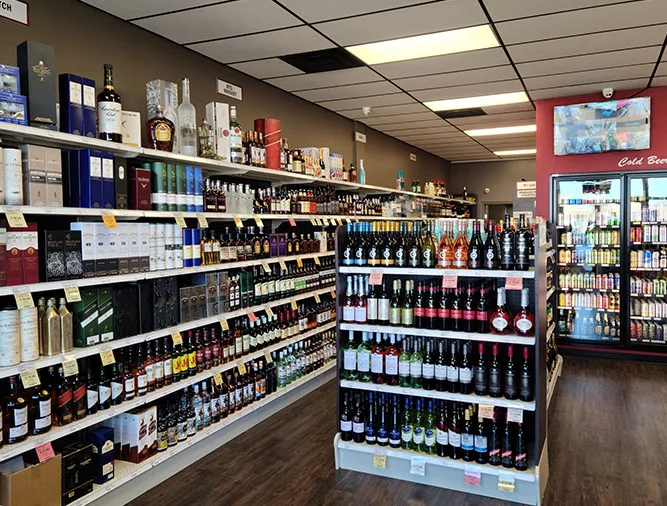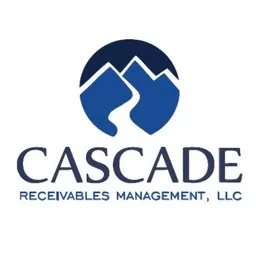
JV Contracting: What It Is, How to Do It & When to Use It
Joint ventures are a great way to expand your current business model and tap into new markets. But, it can be tricky to navigate. That’s why we wrote this guide on JV contracting. We’ll cover the basics of JV agreements, how to find the right partner, how to manage the relationship, and more. Read on to learn how to take advantage of joint ventures and grow your business today!

How To Open A Liquor Store In Florida: The Ultimate Guide For Success
Thinking of opening a liquor store in Florida? We’ve got you covered with everything you need to know, from licensing and permits to location and marketing strategies. Plus, we’ll reveal the secrets to success in this highly competitive market. Get ready to pour yourself a glass of success with our comprehensive guide on how to open a liquor store in Florida. Cheers!

The Power of In-Store Demos: Boosting Your Sales and Customer Engagement
Do you want to give your brand the competitive edge it deserves? Consider in-store demos! These live product demonstrations are proven to boost sales, increase brand awareness, and create a lasting impression on potential customers. Discover the benefits of in-store demos and how to execute them successfully for your brand. Don’t miss out on this game-changing marketing tactic!

Cascade Receivables Management: How It Can Improve Your Business Finances
Looking for a reliable and efficient receivables management solution? Look no further! Cascade Receivables Management offers personalized and effective strategies to help you streamline your accounts receivable process and maximize your company’s cash flow. Say goodbye to late payments and hello to increased profitability with Cascade.

How Much Do Job Placement Agencies Charge? A Comprehensive Guide
Curious about the cost of job placement agencies? We’ve got you covered. From average fees to how to negotiate, we share everything you need to know about job placement agency charges. Plus, our insider tips and tricks will help you make the most of your money and land your dream job without breaking the bank. Don’t let hidden fees hold you back – read on to learn more!

Beware! How To Spot A Fake Law Firm And Protect Yourself
When it comes to legal matters, you want to make sure you’re working with a legitimate law firm. But how can you tell if they’re the real deal or just a scam? Our guide will walk you through the signs to look for and the questions to ask to ensure you’re working with a reputable law firm. Don’t fall victim to fake lawyers – read on to protect yourself and your rights.

Hiring a Private Investigator for Custody Battles: What You Need to Know Beforehand
Custody battles are never easy, but hiring a private investigator can help you gather the evidence you need to win your case. From tracking down hidden assets to uncovering the truth about your ex’s behavior, a qualified private investigator can be your secret weapon in court. Learn more about the benefits of hiring a PI for custody battles and how to find the right one for your unique situation.

Thinking of Opening a Wine Store? Here’s What You Need To Know!
Are you a wine enthusiast looking to turn your passion into a business? Opening a wine store may seem like a daunting task, but with our expert tips and guidance, you’ll be popping bottles in no time. From finding the right location to navigating regulations, we’ve got you covered. Cheers to your new venture!

The Ultimate Guide To Winning The Salesman Of The Year Award: Tips And Tricks From Top Performers
The coveted salesman of the year award is not just about numbers and figures, it’s about building relationships, understanding your customers’ needs and going above and beyond to meet them. Discover the secrets of becoming the ultimate salesman and winning this prestigious award, while making a positive impact on your clients and your bottom line.

Hiring Interns for Your Startup: Tips and Tricks to Find the Best Talent
Think hiring interns for your startup is a daunting task? Think again! Our comprehensive guide will walk you through the process, from creating a job description that stands out, to screening and interviewing candidates, to creating a successful internship program that benefits both your company and your interns. Don’t miss out on this valuable resource for growing your startup team!

Renting Cars For Christmas: How To Save Big On Your Holiday Travel Plans
Looking for a stress-free holiday season? Consider renting a car this Christmas! Say goodbye to the hassle of coordinating travel plans and hello to the freedom and flexibility of having your own wheels. Plus, with our insider tips and tricks, you’ll be able to snag the best deals and make the most of your rental experience. Keep reading to learn more!
